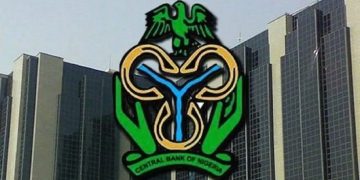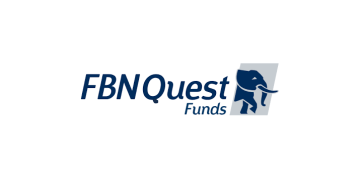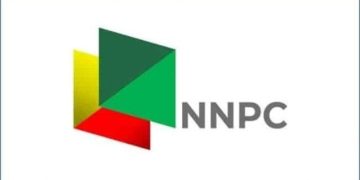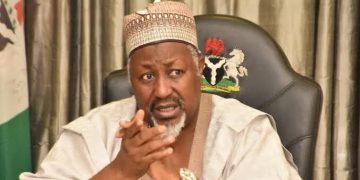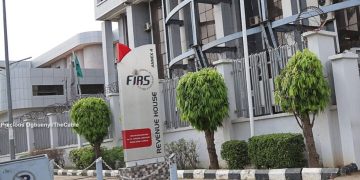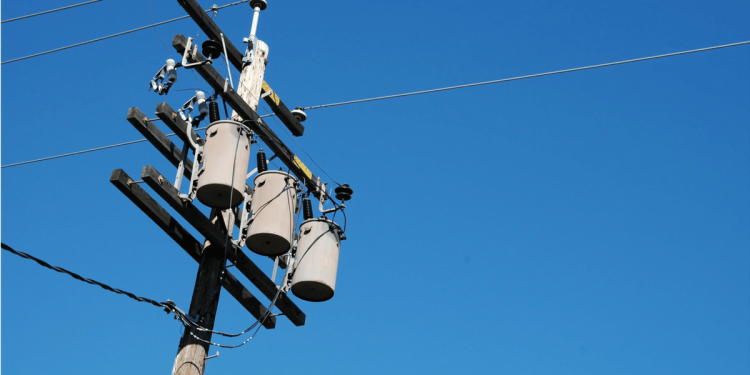Nigeria will increase electricity tariffs in the coming months as part of its efforts to establish a cost-reflective pricing model that ensures the power sector’s financial sustainability. This was disclosed by the Special Adviser to the President on Energy, Olu Verheijen, during an interview in Dar es Salaam, Tanzania.
Verheijen stated that the current tariff structure does not cover the full cost of power generation and distribution. This is making it difficult for electricity companies to attract private investment. She noted that while the government aims to adjust tariffs to reflect the actual cost of power supply, subsidies will still be in place to protect low-income consumers.
“One of the key challenges we’re looking to resolve over the next few months is transitioning to a cost-efficient but cost-reflective tariff,” Verheijen stated. “This is needed so the sector generates revenue required to attract private capital while also protecting the poor and vulnerable.”
Since taking office in May 2023, President Bola Tinubu’s administration has pursued several economic reforms aimed at reducing the government’s financial burden and fostering a more investment-friendly environment. These include the removal of fuel subsidies and an rebuild of the foreign exchange system. Now, attention is turning to the electricity sector, where tariffs were already increased for some customers last year.
Nigeria, with a population of about 237 million, has an electricity access rate of approximately 62%. However, the national grid remains unreliable, limiting productivity and economic growth. The power sector has struggled since the privatization of electricity generation and distribution in 2013, with tariffs set by the Nigerian Electricity Regulatory Commission (NERC) failing to cover operational costs. This has left power companies dependent on government subsidies, which have made profitability and service improvement difficult.
At a World Bank-backed conference in Tanzania, Nigeria presented a $32 billion plan to improve electricity access and reliability by 2030. Of this, private investors are expected to contribute $15.5 billion, with the remaining funds coming from public sources, including the World Bank and the African Development Bank. Verheijen highlighted that significant investments are required to upgrade Nigeria’s power sector, as only 4 to 5 gigawatts of the country’s 14-gigawatt installed capacity are reliably delivered to homes and businesses.
Germany’s Siemens AG is collaborating with Nigeria on a $2.3 billion project to modernize power transmission and distribution networks. Additionally, decentralized renewable energy projects have already provided electricity to over 7 million Nigerians in rural areas.
Verheijen stressed that Nigeria’s energy policies must align with the country’s long-term economic ambitions. “Your energy policies have to be closely linked with your own ambition for your country,” she said. “Our own ambition is to be a $1 trillion economy in five years and to move to an upper-middle-income country in 25 years.”



